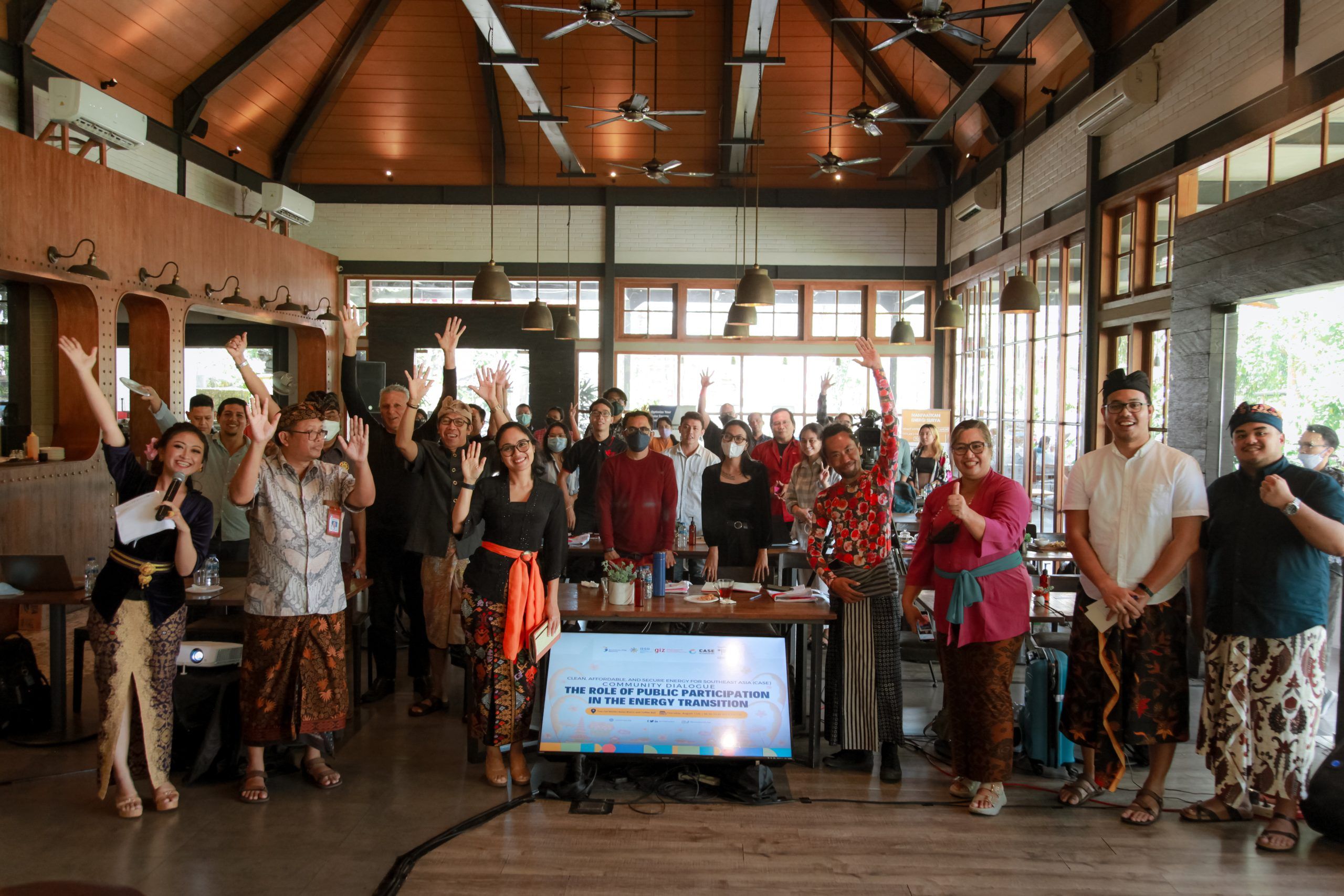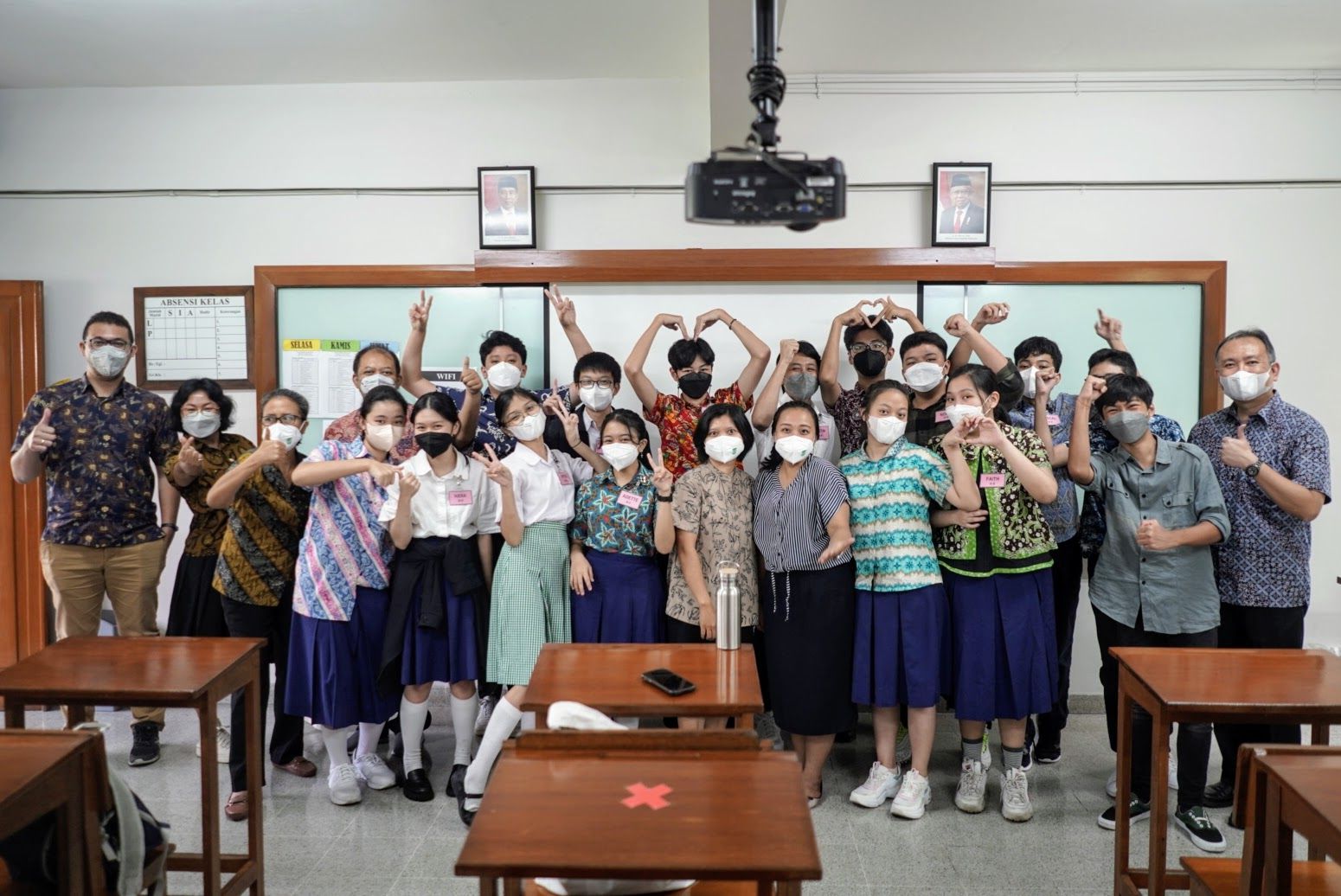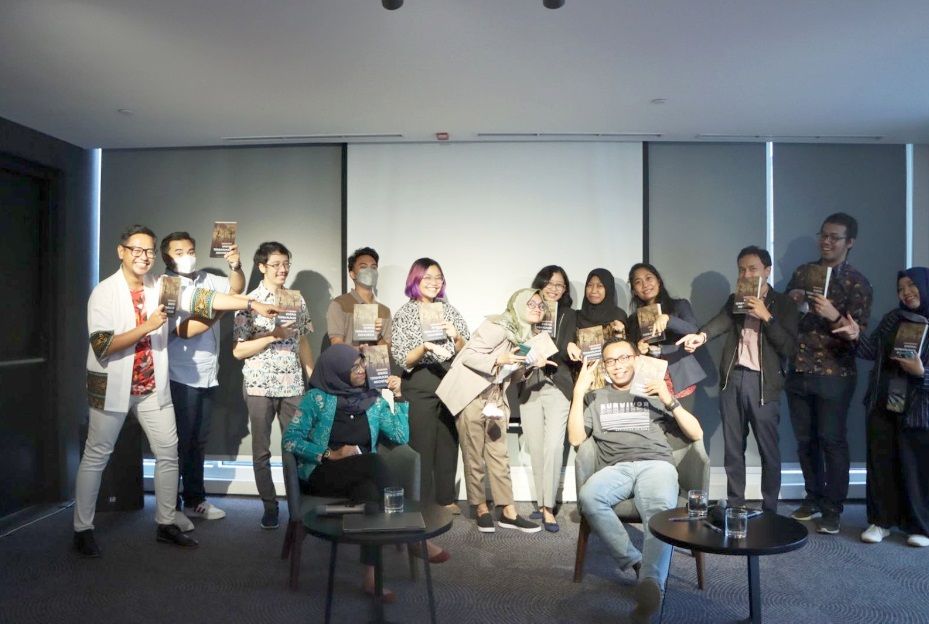
Energy Transition: From, By, and For the Society
Denpasar, August 11th, 2022 – The involvement of the wider community has a very important role in realizing the energy transition agenda. One of the initi... Read more.

Striving an Early Literacy on Energy Transition
South Tangerang, May 23rd, 2022 – The energy transition is a global agenda whose impact will be felt in the medium-long term. Conducting research, agreeme... Read more.

The Urge to Elevate Climate Change Literacy
The 2015 Paris Agreement mandated global leaders to commit climate change mitigation and other feasible measures to ensure the global temperature rise less than... Read more.

Energy Crisis Or Fossil Energy Crisis?
Jakarta, October 11, 2021 – In recent months, many media have reported on the energy crisis in Europe. In the UK, for example, many electric and gas utili... Read more.

Indonesia’s Net Zero Emissions: A Roadmap for Clean, Affordable and Secure Energy
Stakeholders in Indonesia have realized that climate change is an important aspect of development planning in Indonesia. In addition to economic growth through ... Read more.
